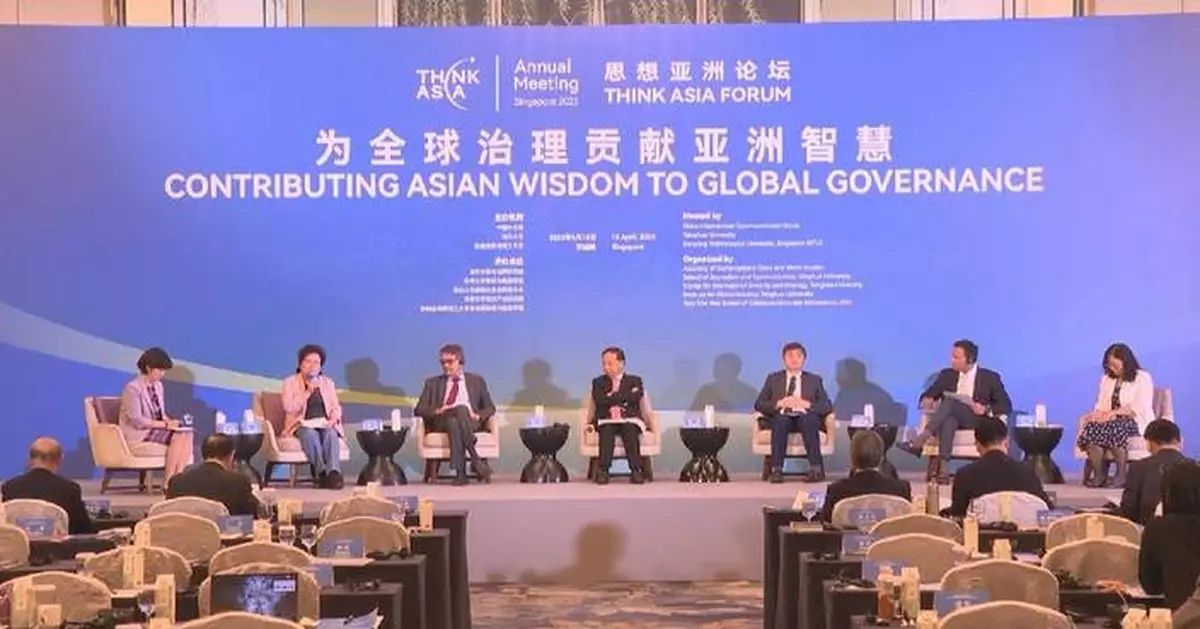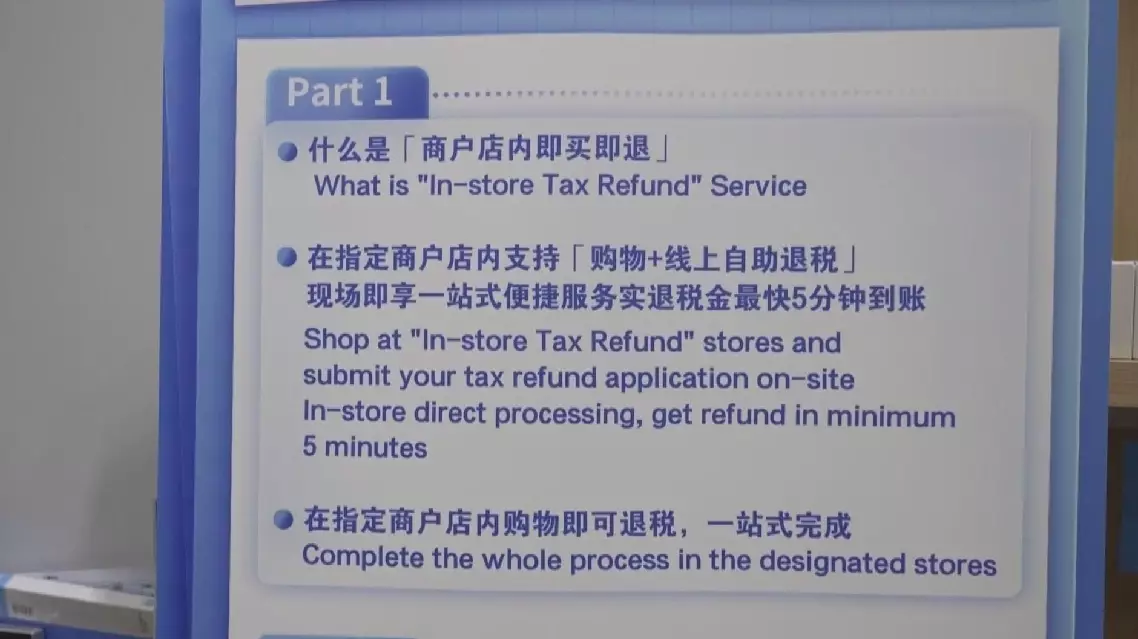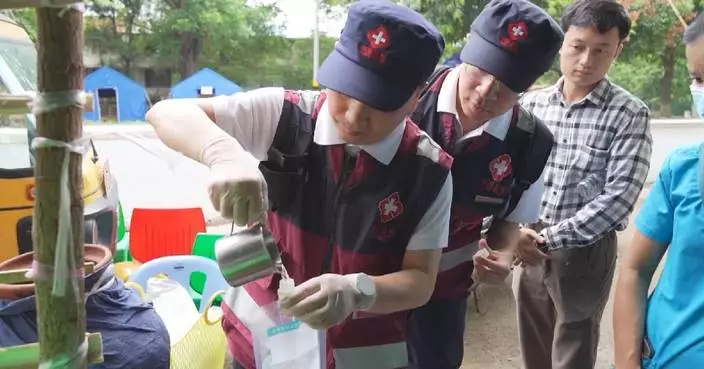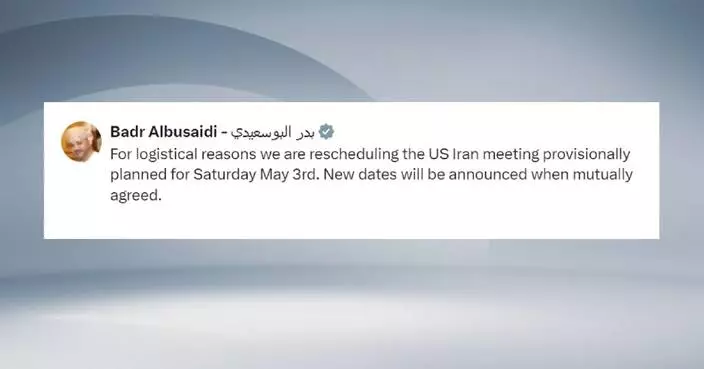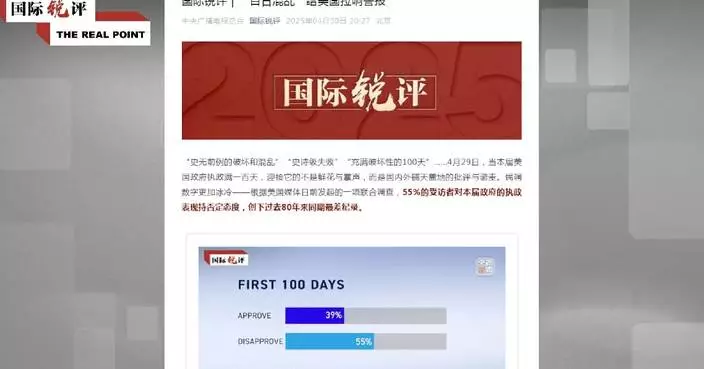Asia, with dynamic economic development, rich history, and shared cultural heritage, should collaborate to address challenges and drive global governance reforms with Asian wisdom, scholars said at the Think Asia Forum.
Held in Singapore on Tuesday, the forum brought together about 200 participants, including representatives from government departments, academic institutions, think tanks, and enterprises from China and Singapore, to discuss the region's role in shaping the global governance system.
At the forum, more than 40 experts and scholars from think tanks in Asian countries such as China, Singapore, Japan, India, Thailand, Azerbaijan, the Philippines, Pakistan and Indonesia engaged in in-depth exchanges on the theme of "Contributing Asian Wisdom to Global Governance".
Participants said that Asia should contribute its wisdom to the global governance reform amid profound changes in the global landscape, characterized by rising unilateralism, protectionism, and economic disruptions caused by the U.S. tariff abuse.
"It is highly significant to host the Think Asia Forum in the current situation. Asia is the most vibrant region in the global economy. Guided by Asian values -- peace, cooperation, openness, and inclusiveness -- our economies will continue to grow, and our political situation will also be more stable, benefiting the Asian people, and in turn, contributing to global peace and development," said Zhu Guangyao, former vice minister of China's Ministry of Finance, in an interview with China Central Television on the sidelines of the forum.
Participants also said that Asia is actively promoting globalization and regional economic cooperation, showing unprecedented initiative and resilience.
The region's economic integration has been deepened, and mechanisms such as the Regional Comprehensive Economic Partnership (RCEP) -- the world's largest free trade deal so far -- have facilitated trade, enhanced industrial cooperation, reduced reliance on Western markets, participants said.
They also said that cooperation in the sci-tech sectors, including artificial intelligence, has accelerated, and China and ASEAN countries have made progress in human resources development, infrastructure, and inclusive technology applications.
"This is a moment of strong winds and huge waves, but we need to work with Chinese cooperation partners to elevate the status of Asia in the global knowledge production system, which is persistently a long-term work for us," said Jack Linchuan Qiu, chair of the Wee Kim Wee School of Communication and Information of the Nanyang Technological University.
"China, over the past 30 years, has created a great economy, with the advancement of technology, which can help neighboring countries, and China's policy about the Belt and Road Initiative is also a very good helping hand to other countries' development. It's timely for China to work together with ASEAN and together with India. We have [are] covering about three billion, more than three billion people kind of market. Thus, in long term, we should be able to regain the control and rebuild the world order," said Chong Sin Woon, secretary-general of the Malaysian Chinese Association and former deputy minister of Education of Malaysia.
Participants also said that Asian countries should enhance strategic trust, strengthen institutional innovation, and improve governance capacities to lead globalization with Asian wisdom and solutions, so as to build a more inclusive and balanced international order for all-win cooperation.
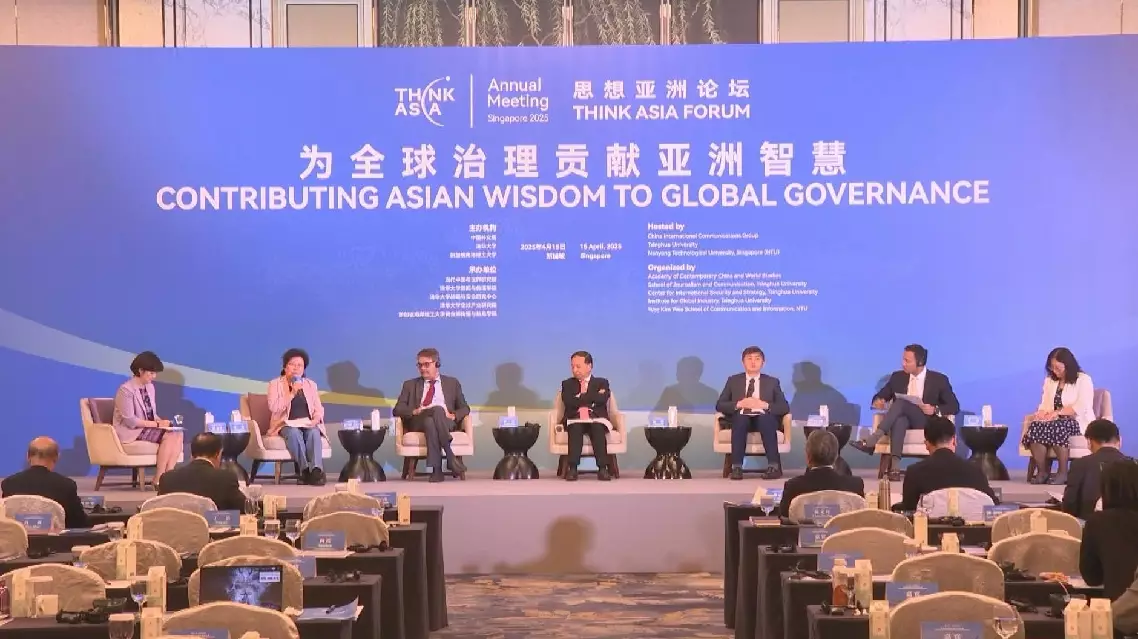
Asia needs to drive global governance reforms with Asian wisdom: forum participants


